Science leads to sound policy
During a recent visit to the Bioversity Alliance and the International Center for Tropical Agriculture (CIAT), Ms. Camila Maria Polo Florez, Colombian Ambassador to Vietnam, said that, similar to Vietnam and many countries in the world, agriculture is an important industry for Colombia.
The sector is not only the backbone of food production, but also the main source of livelihood for countless small-scale farmers and rural producers. “Colombia’s current economic growth and export resilience, beyond traditional fossil fuels, largely rely on agriculture,” she said.
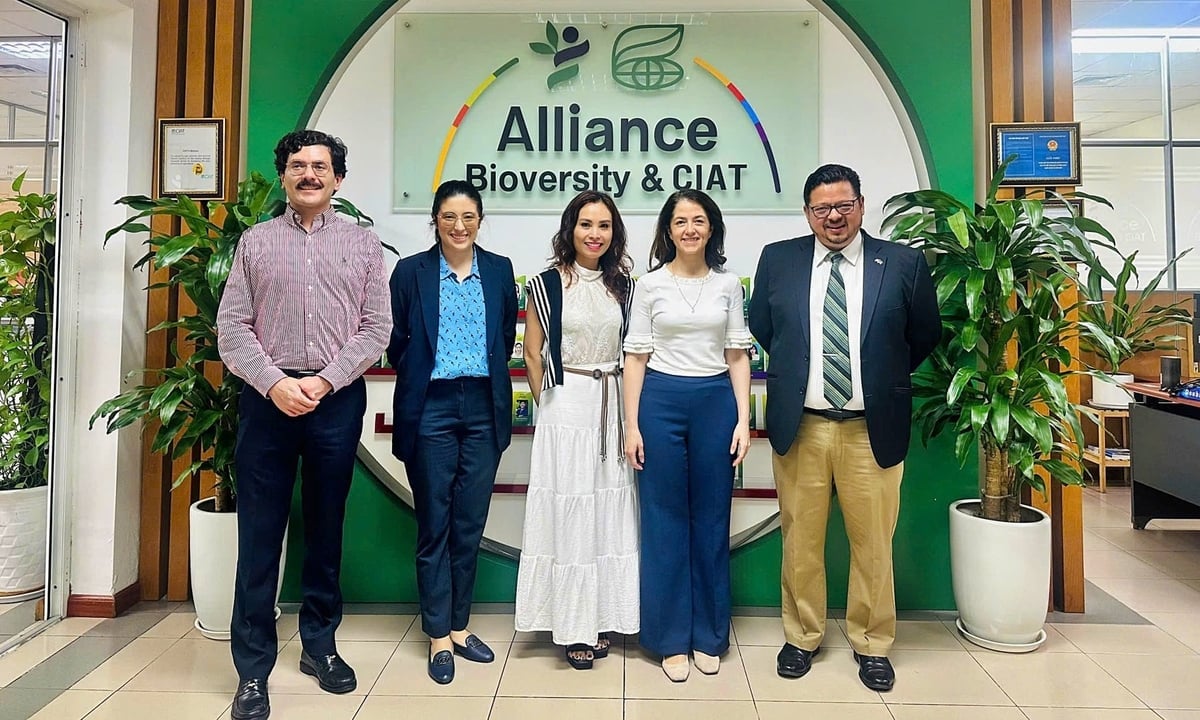
Ms. Camila Maria Polo Florez (2nd from right), Colombian Ambassador to Vietnam visits CIAT headquarters. Photo: Linh Linh.
According to the ambassador, LTTP production is no longer limited to the scope of simple production, but exists within a broader, more closely linked LTTP system, requiring a comprehensive approach. In particular, the LTTP environment - the context where consumers acquire and purchase LTTP - is an important factor, closely linking the agricultural sector and the environment.
Colombia has committed to becoming a pioneer in the fight against climate change. In its approach, the country of more than 50 million people values indigenous knowledge, considering it an important resource in maintaining biodiversity and protecting the environment.
Recalling the theme of last year's biodiversity summit, Ambassador Camila emphasized that "humans must live in peace with nature". According to her, Colombia is a country with a very high biodiversity so it must be responsible for preserving and maintaining environmental health.
The ambassador’s visit to CIAT reaffirmed her belief in the power of science and research to inform, advise and recommend agricultural development policies. She also stressed the government’s role in supporting such research. “Good policies must be based on sound science,” she said.
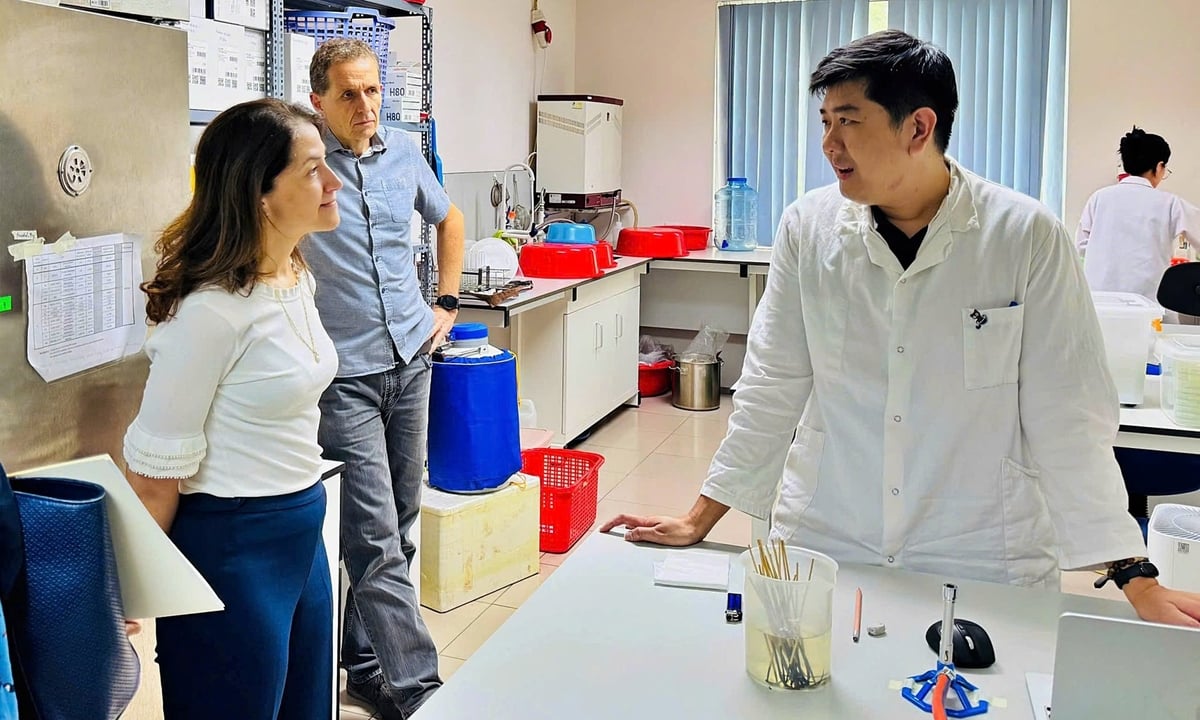
Ambassador Camila highly appreciated the enthusiasm and scientific research spirit of CIAT staff. Photo: Linh Linh.
Reporting to the Ambassador, Dr. Ricardo Hernandez, CIAT Chief Representative in Vietnam, informed that over the past time, the alliance has coordinated with hundreds of partners to help developing countries cultivate agriculture competitively, profitably and increase resilience through smart and sustainable management of natural resources.
Since moving its Asia regional office from Laos to Vietnam in 2010, CIAT has provided a range of solutions for transforming agricultural and food systems, as well as addressing issues at the intersection of agriculture, environment and nutrition.
In response to Vietnam’s National Action Plan for Transforming a Transparent, Responsible and Sustainable Food System in Decision No. 300/2023/QD-TTg (NAP-FST), CIAT’s initiatives, in close collaboration with national partners, focus on research related to the comprehensive food security environment, sustainable healthy diets, and food security system policy and governance.
These initiatives provide technical assistance on LTTP system policy, institutional improvement and capacity development, promote collaboration and strengthen efforts at both national and local levels for effective implementation of NAP-FST. CIAT is recognized by the Ministry of Agriculture and Environment for its contributions to the transformation of the LTTP system in Vietnam.
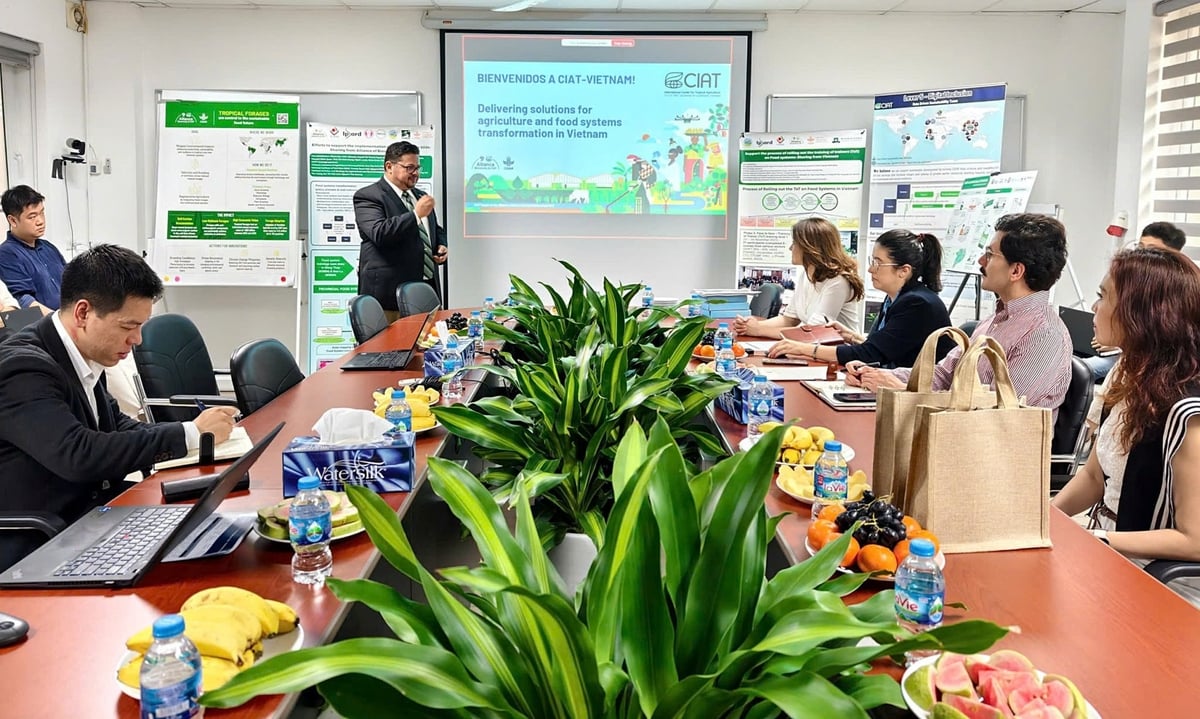
Dr. Ricardo Hernandez presents the main research contents of CIAT. Photo: Bao Thang.
CIAT promotes access to safe and nutritious food for consumers by analyzing the factors that impact food security and nutrition horizontally from rural to urban areas. The Alliance also continuously researches and provides a variety of high-value crops and livestock through pest monitoring, research on improved animal feeds, and clean planting materials. In addition, it emphasizes soil regeneration through understanding the microbiome and monitoring deforestation caused by agricultural activities.
“We support farmers and local communities to comply with global standards and ensure deforestation-free agroforestry supply chains in cassava and coffee plantations, among others,” Dr. Ricardo shared.
In 2024, CIAT received a certificate of merit from the Government after its climate advisories included in the Agricultural Weather Bulletin supported more than 277,000 farmers, helping stakeholders implement many climate-adaptive farming practices and reduce risks in the Mekong Delta.
CIAT’s vision for the next 10 years is to scale up and implement innovations that make Southeast Asia’s agriculture and food systems more resilient to climate change, while providing livelihoods for LTTP producers and stakeholders in the value chain.
The Alliance is also interested in researching solutions to provide more affordable, nutritious and healthy food to consumers, while contributing to preserving the natural environment.
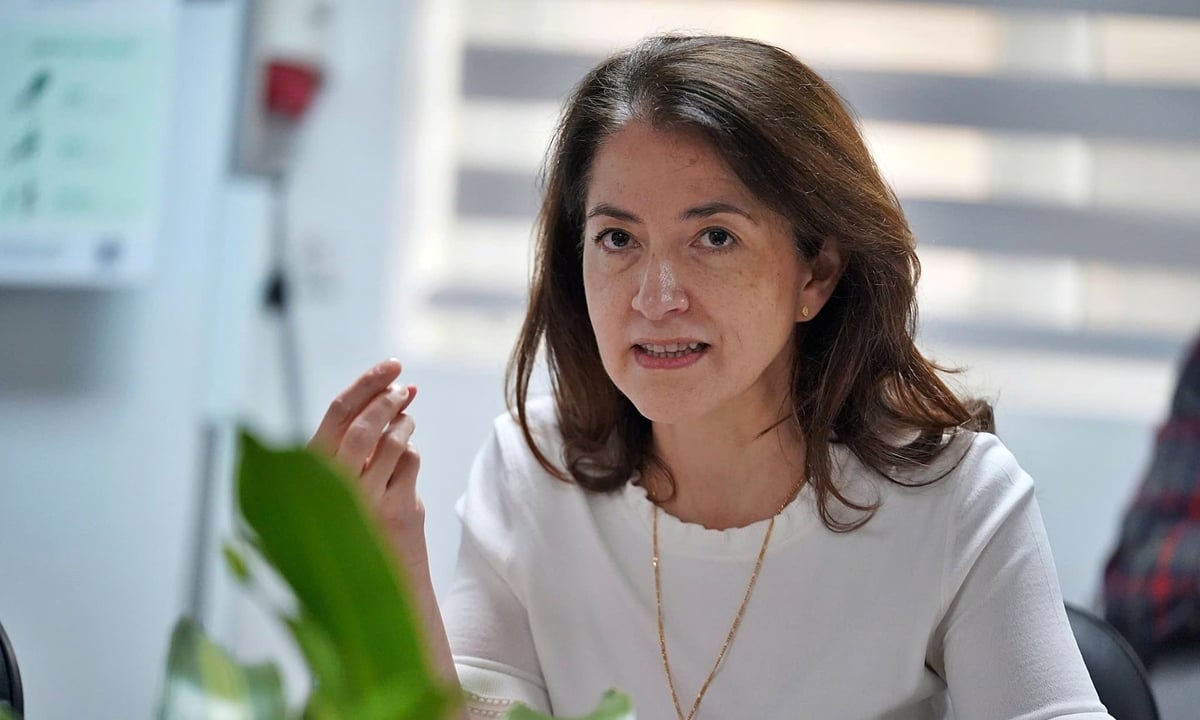
Ambassador Camila wants to learn from Vietnam's agricultural development experiences. Photo: Bao Thang.
Looking for cooperation opportunities in rice and cashew nuts
After listening to the presentations of research groups on transforming the LTTP system, responding to climate change, etc., Ambassador Camila said that these contents are very useful for Colombia, especially in the context that the country with an area of more than 1.1 million km2 is promoting digital transformation, using digital tools and artificial intelligence to develop sustainable agriculture.
Colombia is one of the world's largest producers of Arabica coffee, famous for its high quality and distinctive flavor. In addition, the country is also a leading exporter of bananas, palm oil and other agricultural products such as sugar cane and cocoa.
Similar to some developing countries, Colombia's agriculture is facing many challenges from climate change, mainly exporting raw products. In addition, the infrastructure and investment in mechanization and processing technology of the South American country have not developed commensurately to meet the production needs of the people. Transportation and logistics costs in Colombia are still relatively high, limiting competitiveness in the international market.
In the coming time, Colombia aims to strongly develop organic agriculture, especially building many organic coffee growing models. The country also pays special attention to the fight against deforestation, enhancing food security and protecting the environment and biodiversity.
Since taking office in early 2025, Ambassador Camila has been impressed by Vietnamese agriculture and considers it a valuable source of inspiration, especially in the development of rice production. “The Colombian rice sector used to be an important part of the economy, but is struggling due to external competition and internal inefficiencies,” she said.
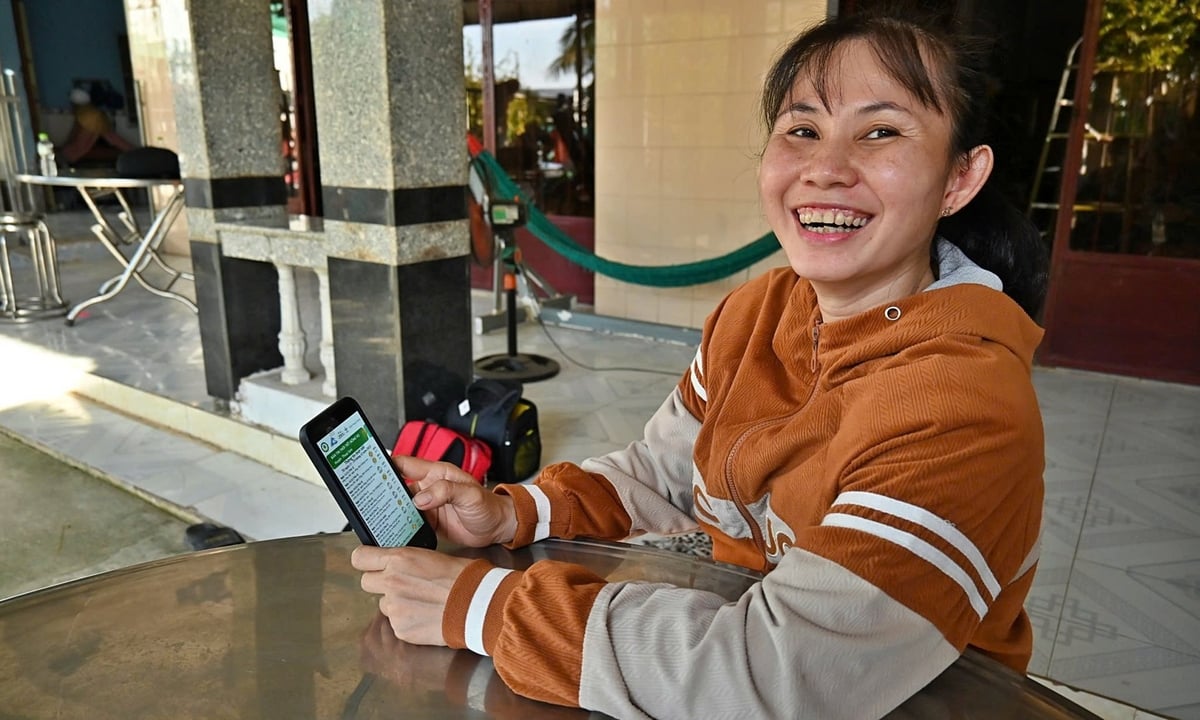
The Agricultural Weather Bulletin, a product jointly produced by CIAT, has spread widely in the Mekong Delta region. Photo: Linh Linh.
The Colombian government hopes to revive this industry and the Embassy in Vietnam hopes to learn from Vietnam's experiences and advanced techniques to come up with an approach suitable to the actual context of the country with the Amazon forest.
Another area of interest is the development of cashew cultivation. Colombia has a climate that is relatively suitable for agricultural products that are considered Vietnam's strengths in the international arena. Through assistance and exchanges between the two sides, the ambassador hopes that Colombia can find suitable areas to test this commodity, which is expected to have a global value of 8 billion USD in 2025.
During the meetings, Ambassador Camila saw many similarities between Colombia and Vietnam, both in terms of challenges, opportunities and potential for new partnerships, especially between research institutes, governments, universities and the private sector. She noted that the development of the agricultural and food sector depends heavily on the participation of the private sector.
For CIAT in particular, she reaffirmed her support for innovative initiatives that help transform the sustainable LTTP system, viewing it as an important pillar in restructuring the country's agricultural production.
Source: https://nongnghiep.vn/dai-su-colombia-chinh-sach-tot-bat-nguon-tu-co-so-khoa-hoc-vung-chac-d745507.html


![[Photo] Prime Minister Pham Minh Chinh receives delegation of leaders of US universities](https://vstatic.vietnam.vn/vietnam/resource/IMAGE/2025/3/31/8be7f6be90624512b385fd1690124eaa)
![[Photo] Speeding up construction of Ring Road 3 and Bien Hoa-Vung Tau Expressway](https://vstatic.vietnam.vn/vietnam/resource/IMAGE/2025/3/31/f1431fbe7d604caba041f84a718ccef7)
![[Photo] General Secretary To Lam receives US Ambassador to Vietnam Marc E. Knapper](https://vstatic.vietnam.vn/vietnam/resource/IMAGE/2025/3/31/5ee45ded5fd548a685618a0b67c42970)


![[Photo] 2nd Conference of the Party Executive Committee of Central Party Agencies](https://vstatic.vietnam.vn/vietnam/resource/IMAGE/2025/3/31/8f85b88962b34701ac511682b09b1e0d)
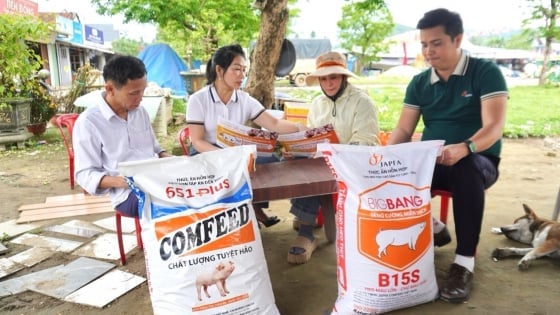
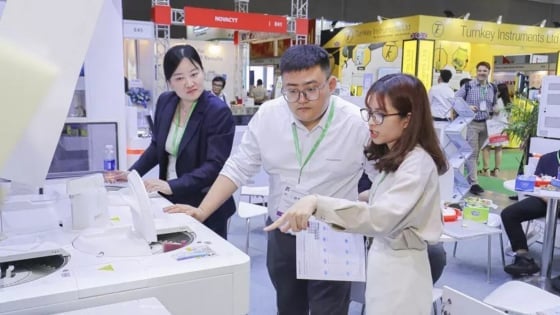
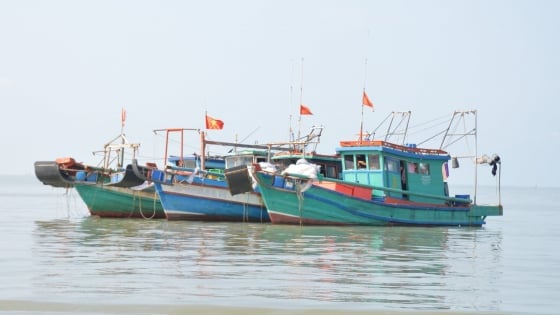
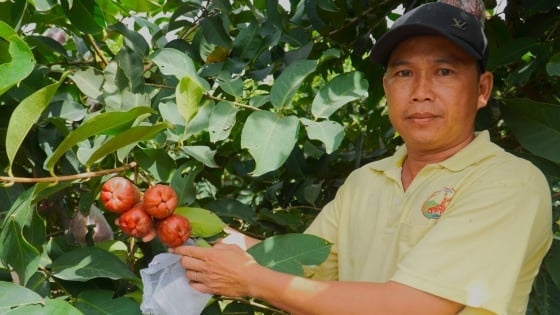
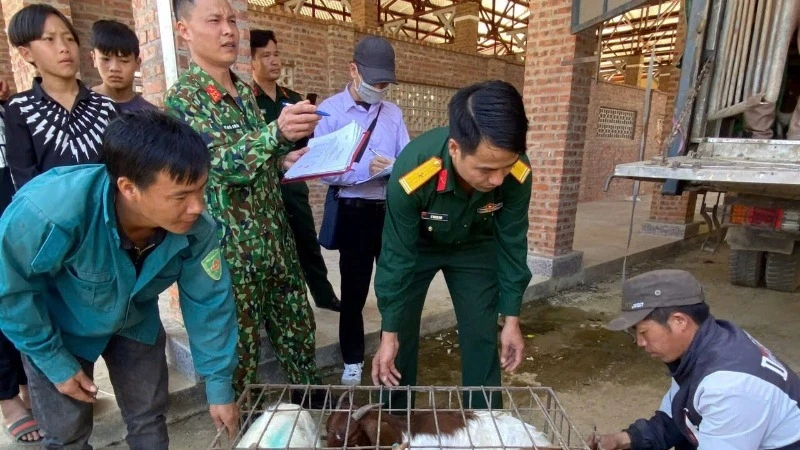
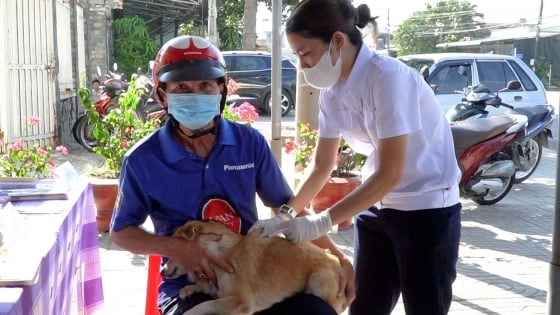




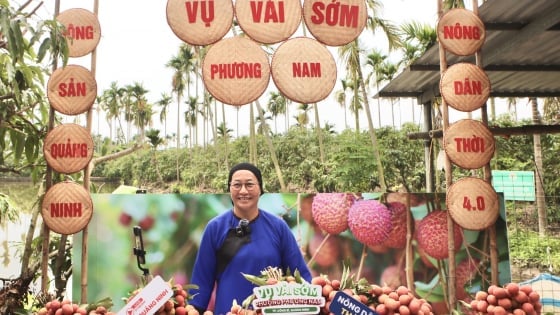

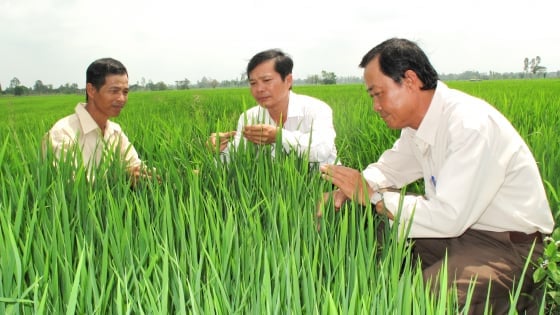
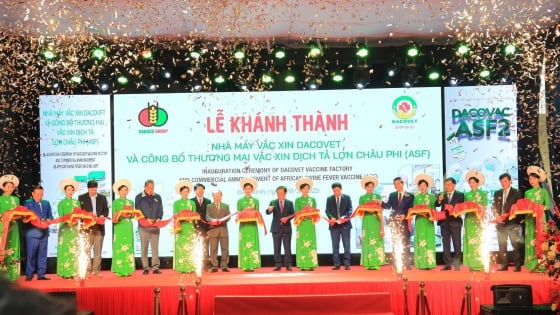
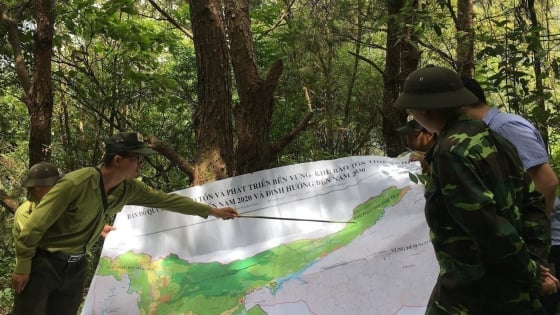

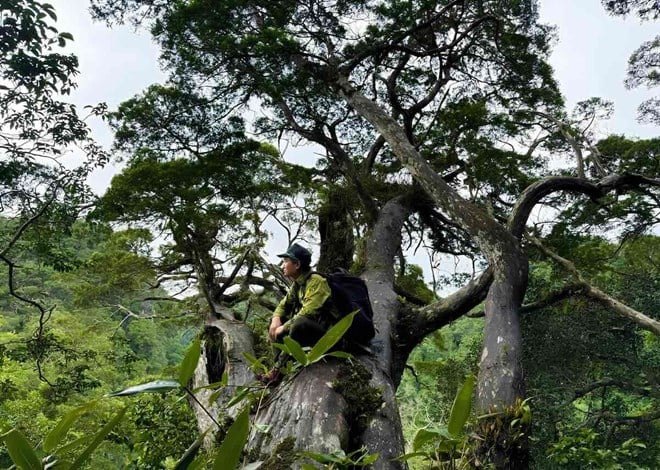











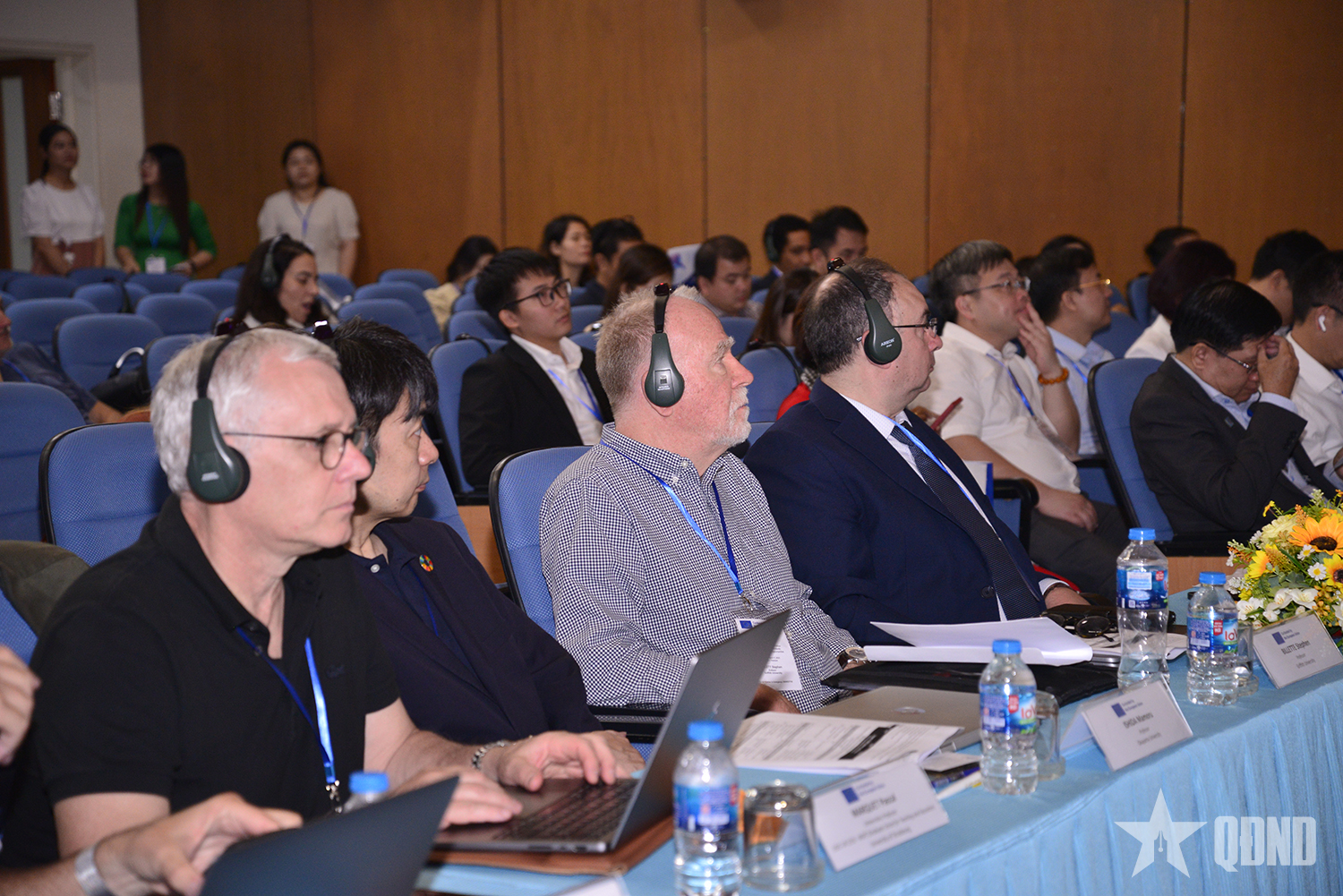


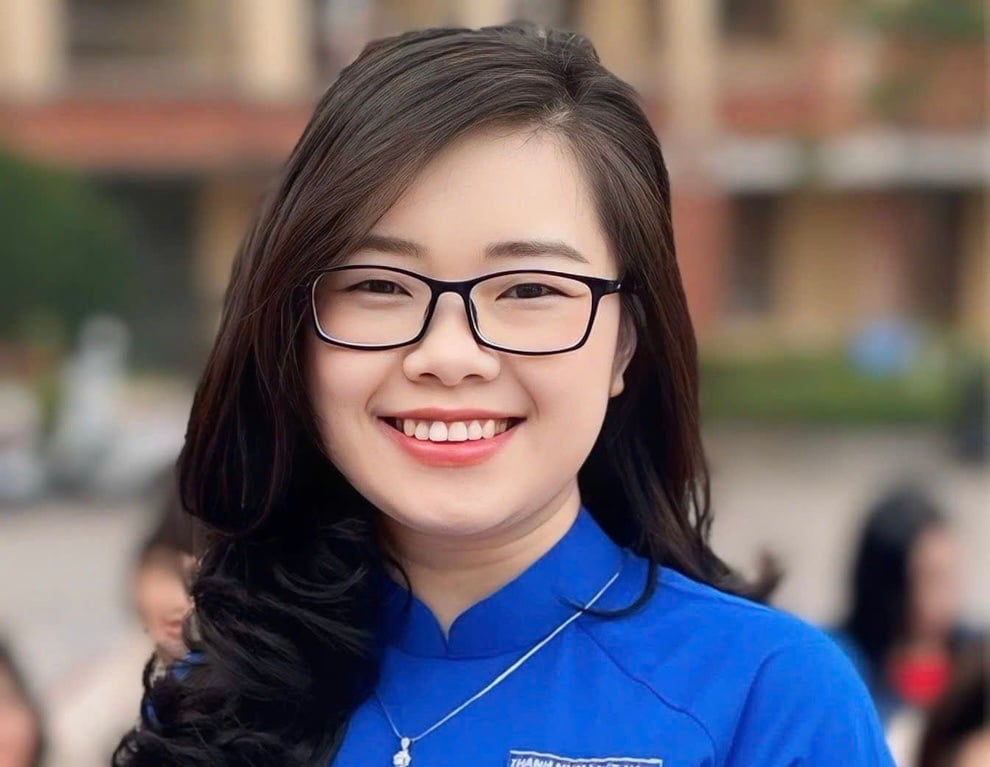

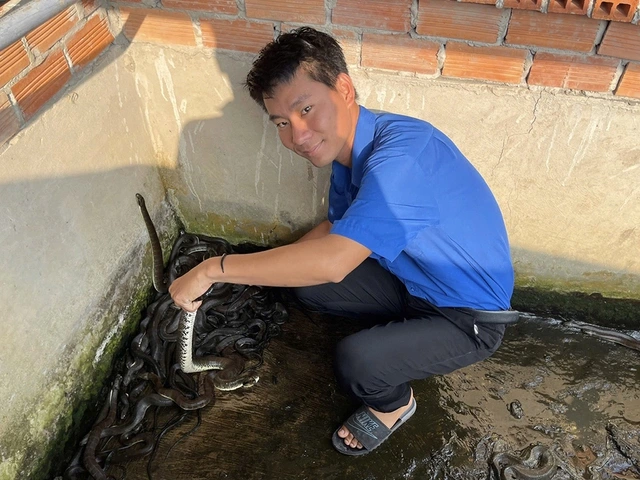


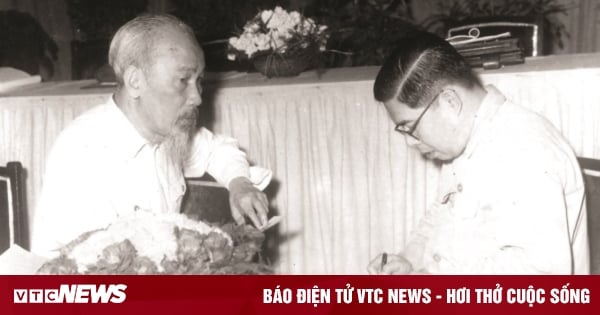










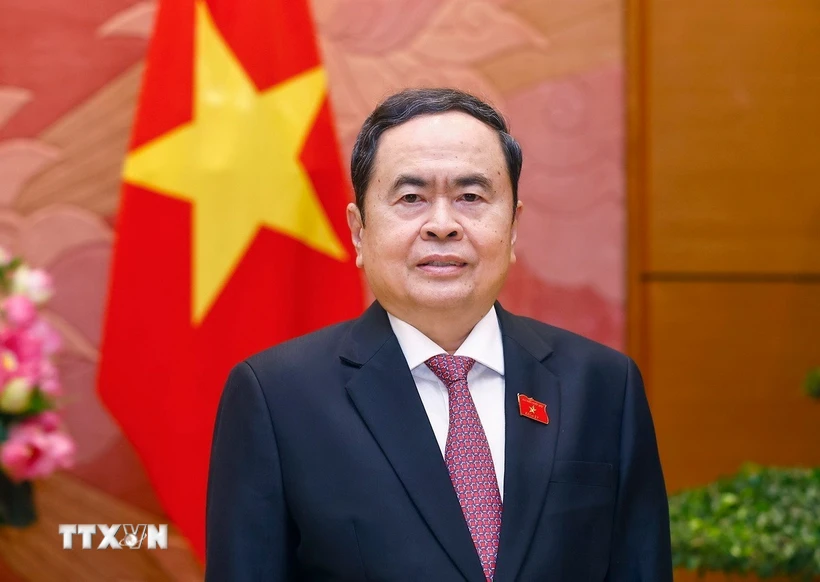

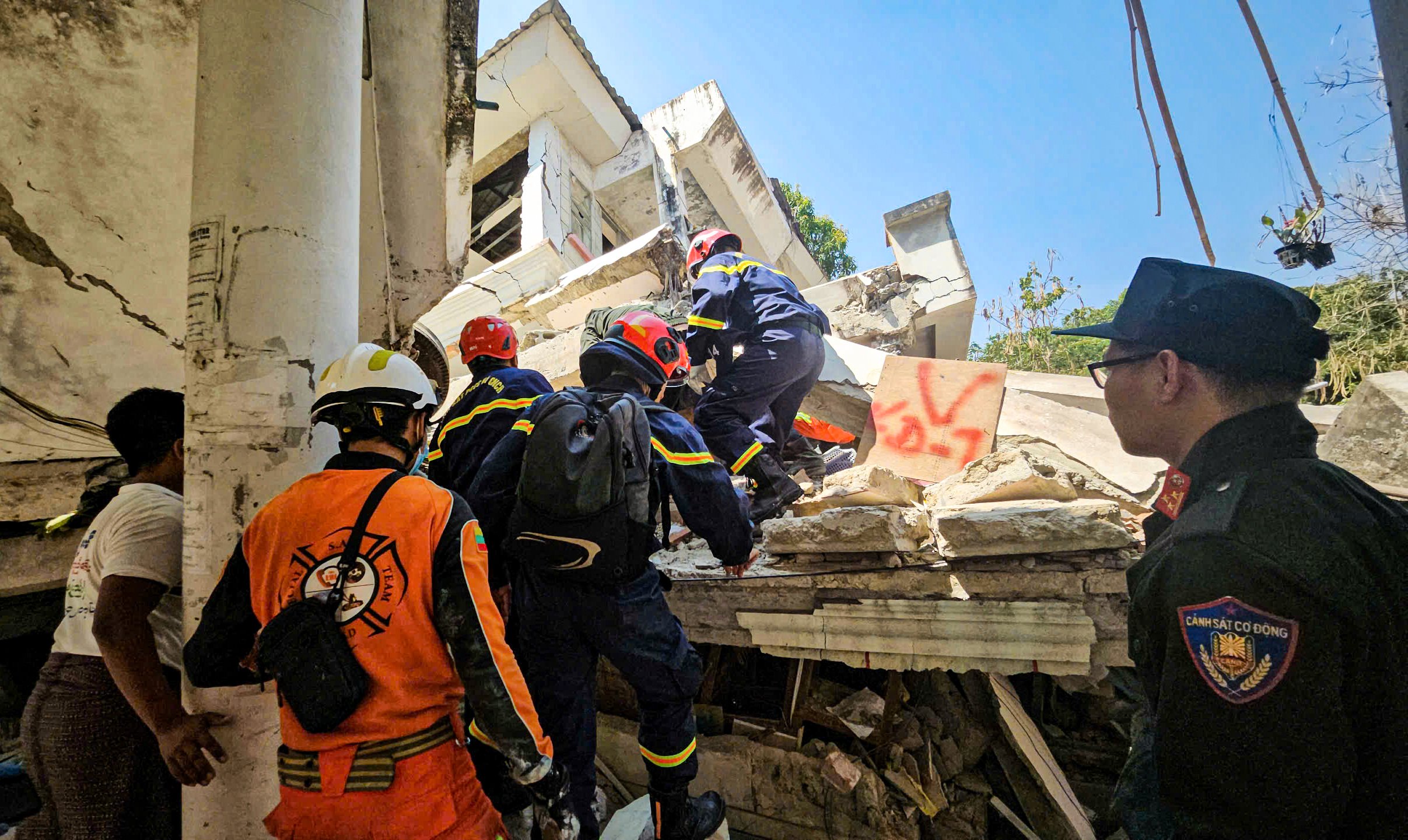

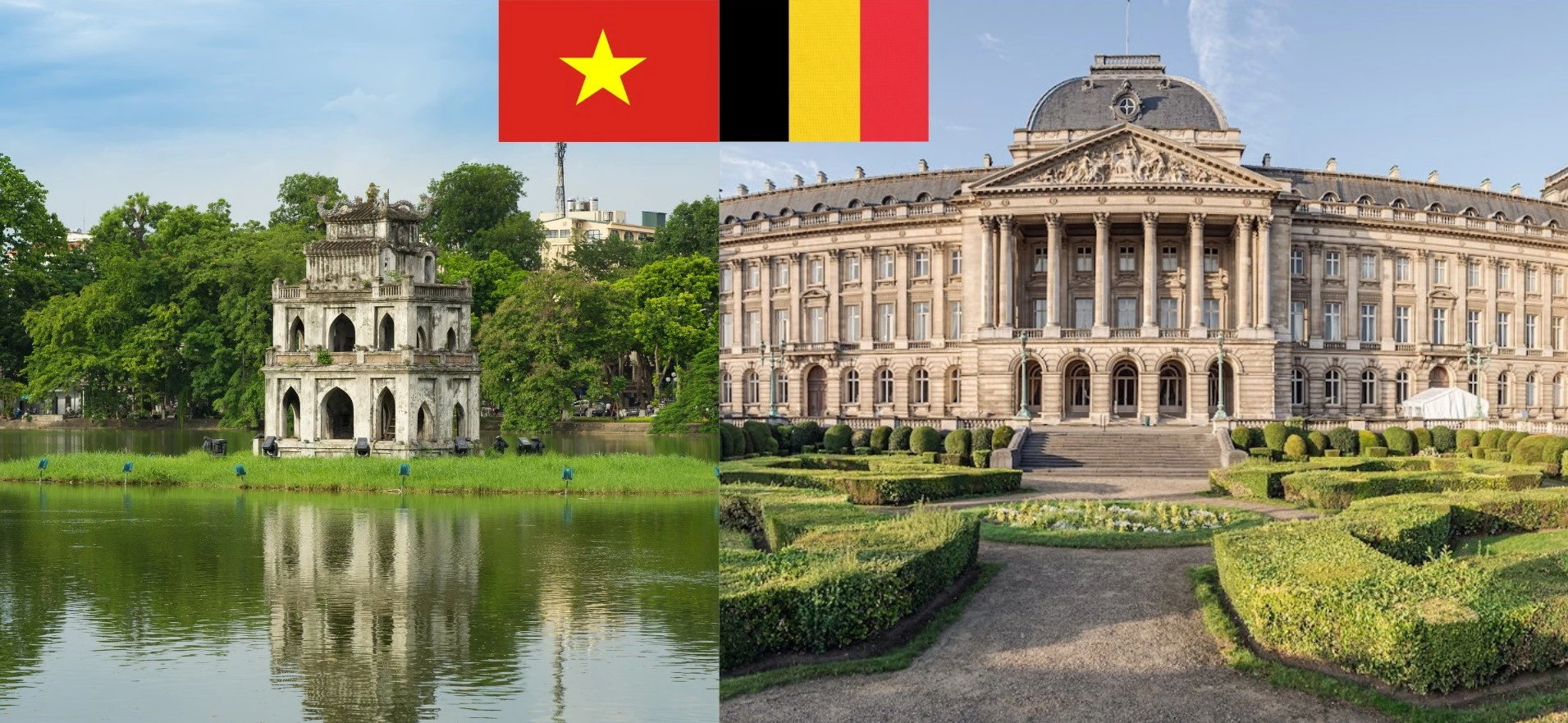
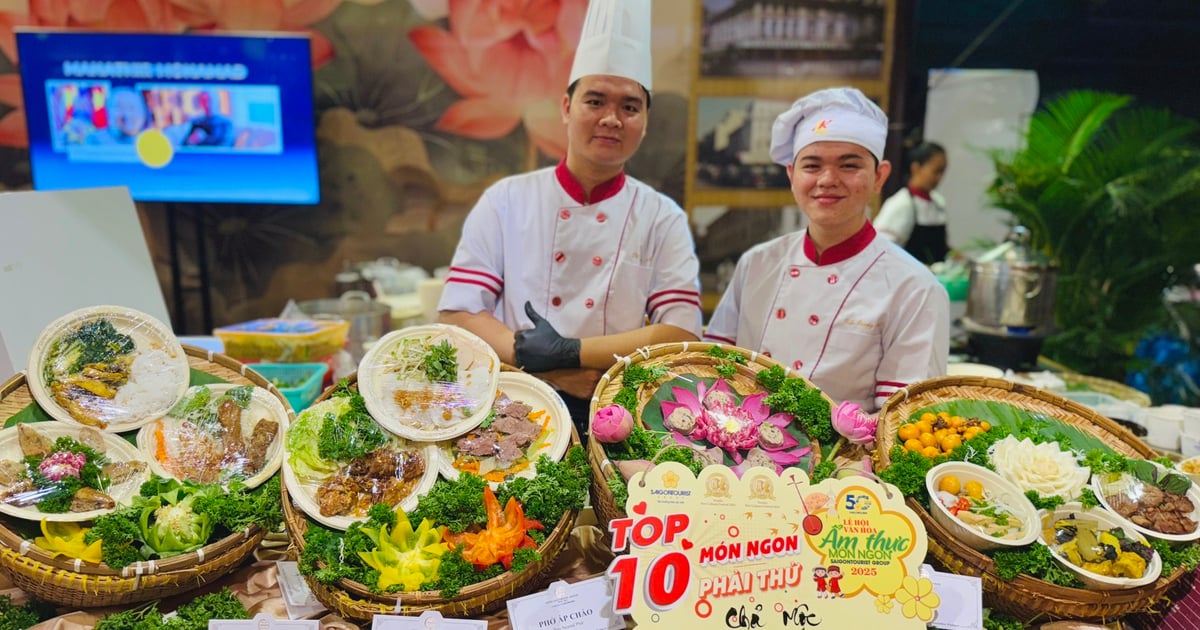

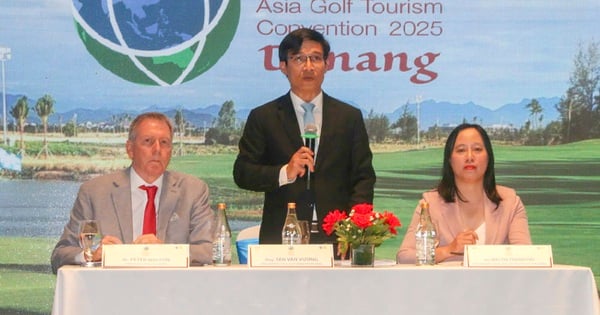

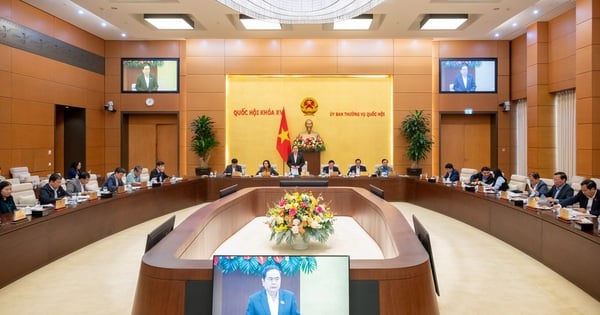
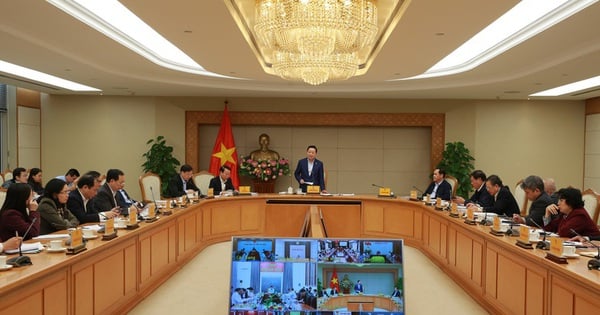
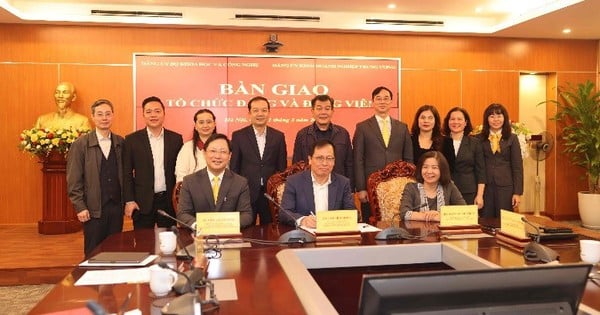

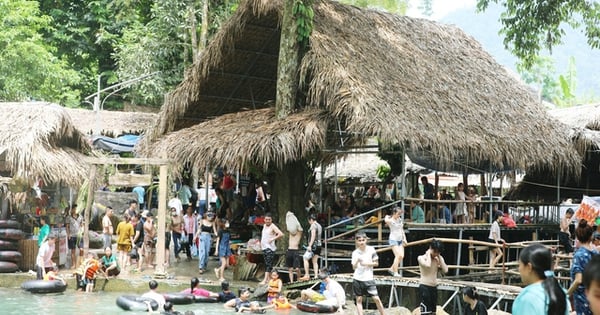
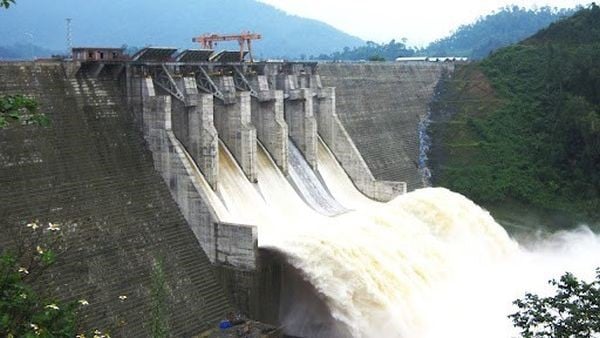

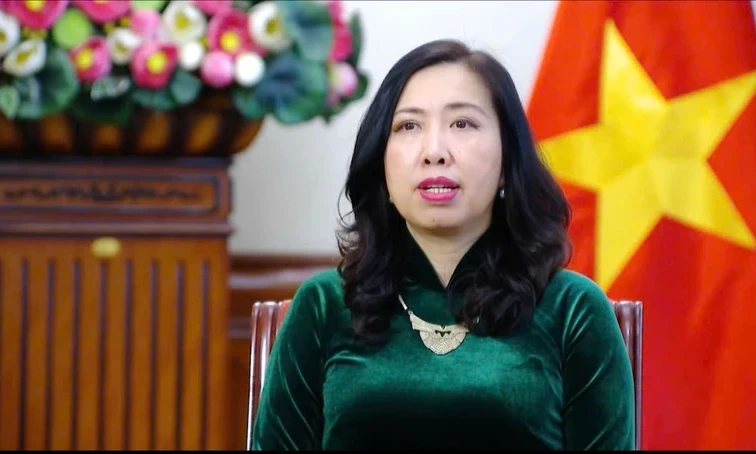

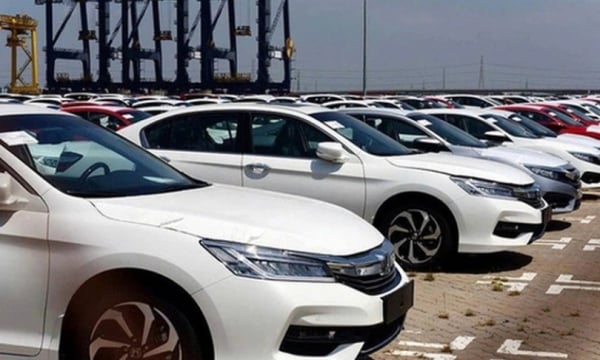
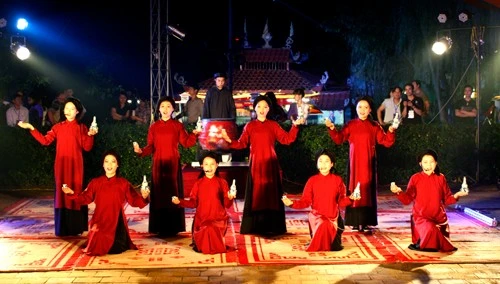

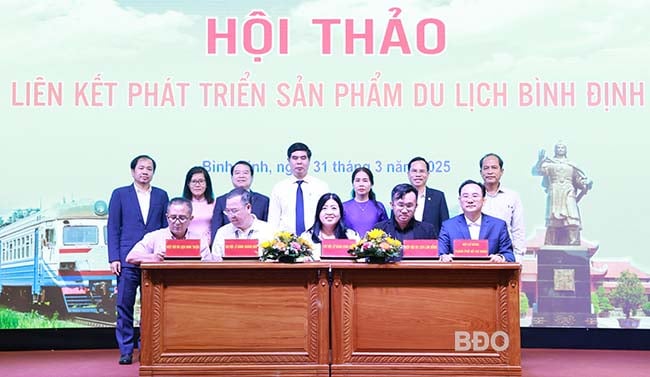
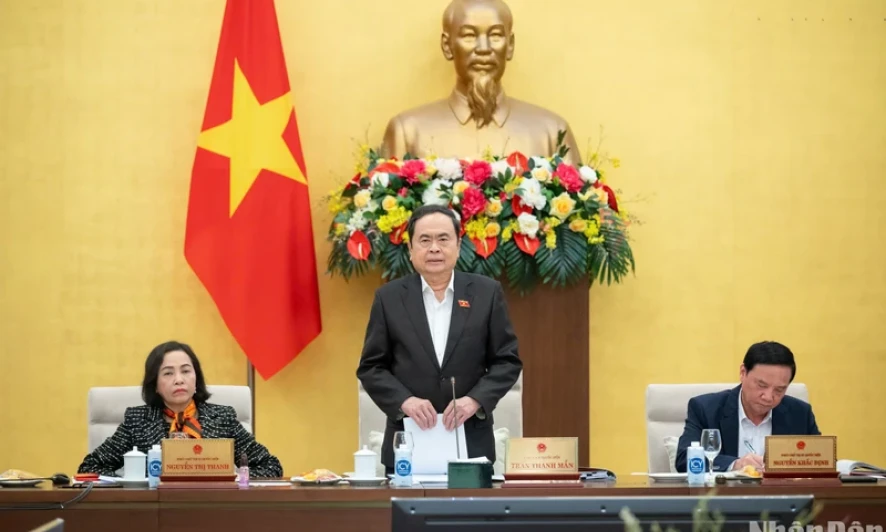










![[REVIEW OCOP] An Lanh Huong Vet Yen Cat](https://vstatic.vietnam.vn/vietnam/resource/IMAGE/2025/3/27/c25032328e9a47be9991d5be7c0cad8c)

Comment (0)